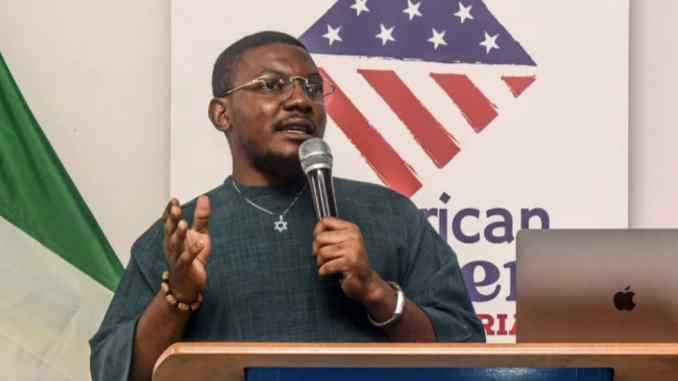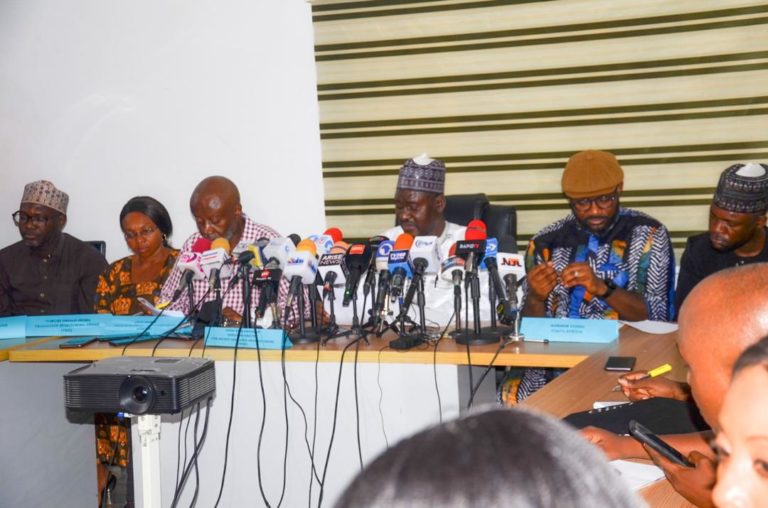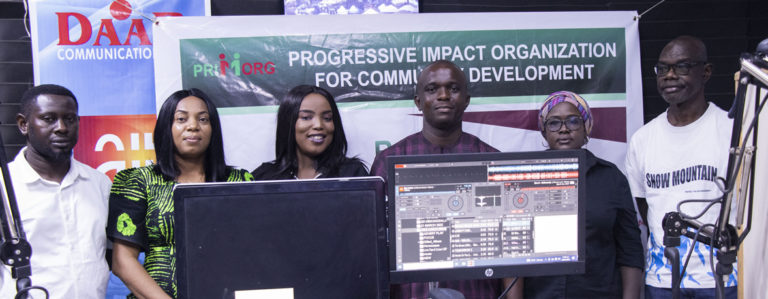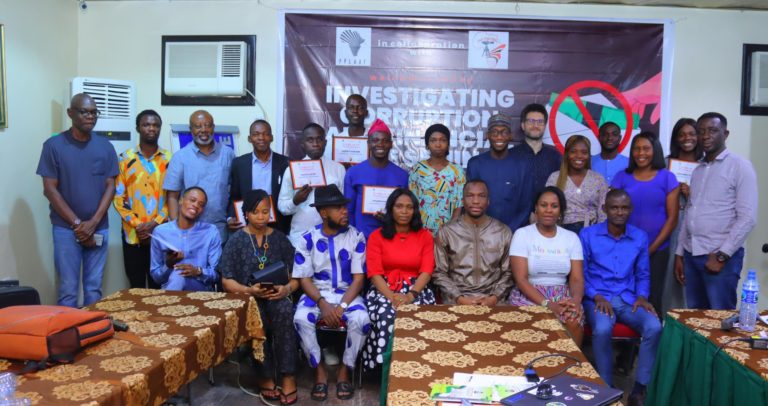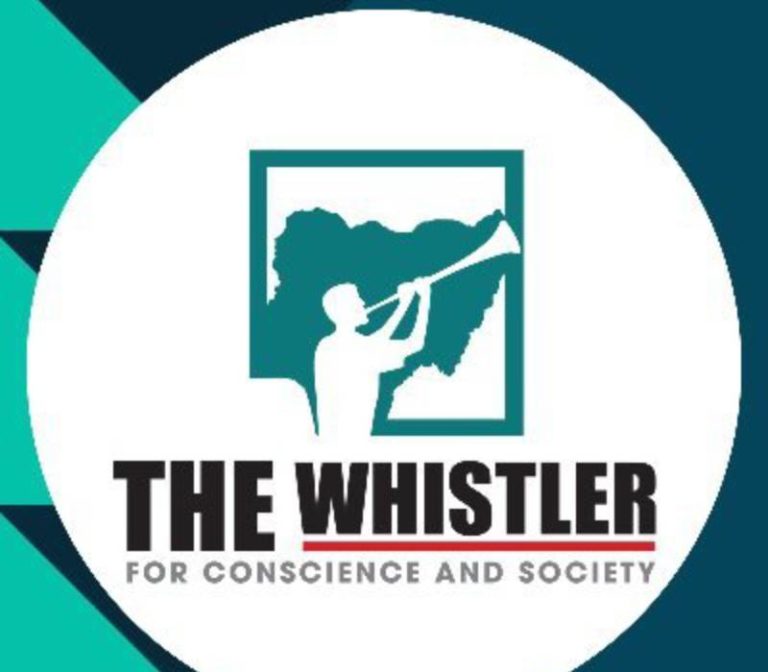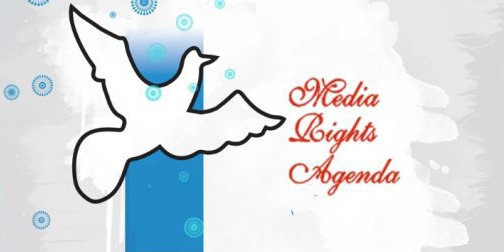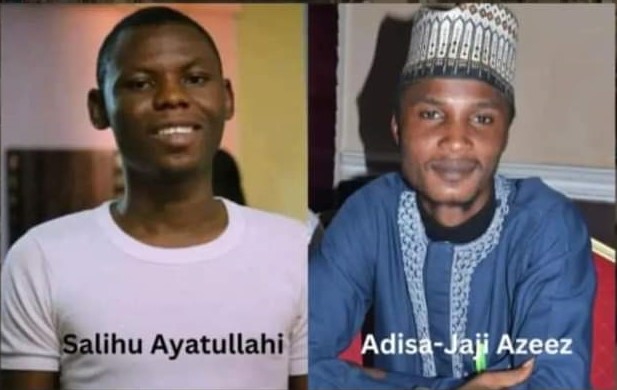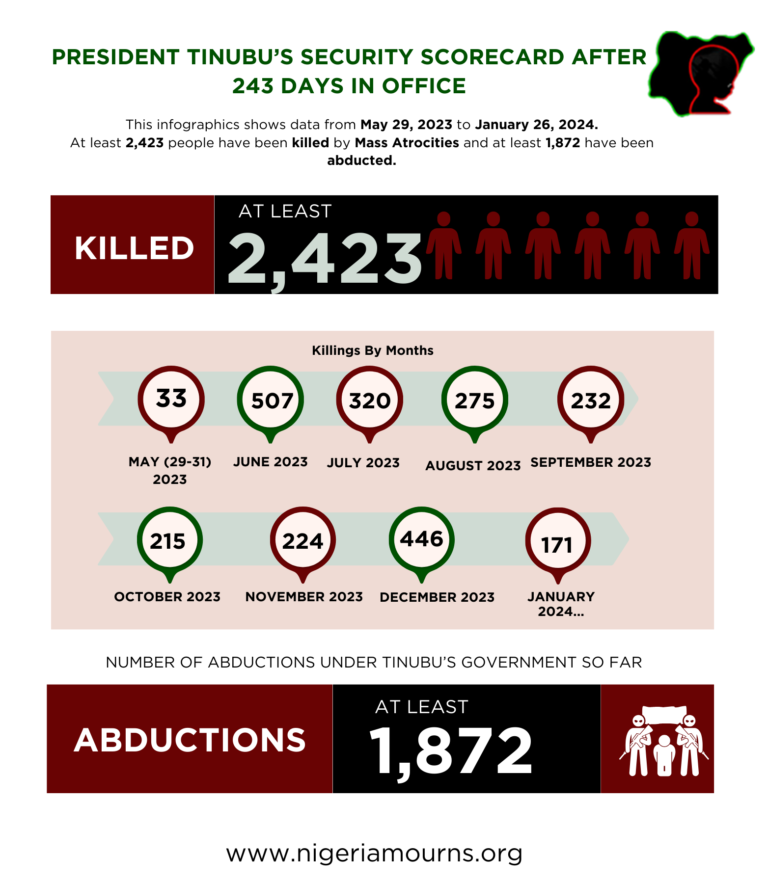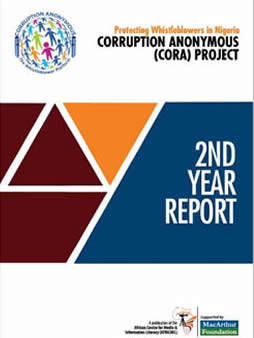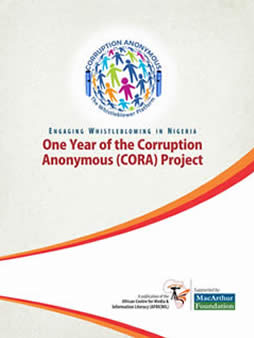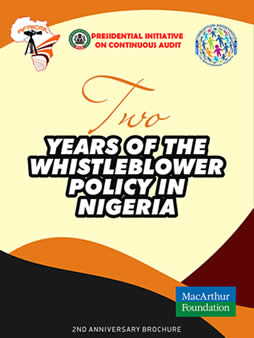By Nnenna Okonkwo
African Centre for Media and Information Literacy (AFRICMIL), in partnership with the CrossRiverWatch
and Policy Alert, has called on the federal government to enact a whistleblower protection as a means
of advancing democratic ideals in Nigeria.
This call was made on July 27 during a townhall meeting held in Calabar where stakeholders deliberated
on the need to protect whistleblowers from retaliation. The theme of the meeting is, "Strengthening
Whistleblowing Policy through Whistleblower Protection."
The coordinator of AFRICMIL, Dr. Chido Onumah, in his welcome address, said the Corruption
Anonymous (CORA) project supported by the MacArthur Foundation has been one of the strategies used
in fighting endemic corruption in the country. He also reminded participants that blowing the whistle is
part of their rights as citizens. “One of the things we let citizens know in our public education activity is
that their right to report wrongdoing is a natural extension of the freedom of expression, which is linked
to the principle of transparency and integrity,” he stated.
Bawa Hamidu Saidu, commander, Uyo zonal office of the Economic and Financial Crimes Commission
(EFCC), in his presentation, urged citizens to support the commission in the fight against corruption by
blowing the whistle. He also noted that whistleblowers are rewarded 2.5% to 5% of every fund
recovered.
Acting resident commissioner, Independent Corrupt Practices, and other related offences Commission
(ICPC), Barr. Kalu Ugbo, highlighted the essence of whistleblowing which included but not limited to
prevention of scandals, promoting integrity, and safeguarding the public interest. He urged citizens to
always report corrupt practices through petitions, however warning that such information should be
correct as wrong information could lead to 10 years imprisonment.
The state Director of National Orientation Agency (NOA), Mr. Otu Ibor, in his presentation stated that his
agency is charged with the responsibility of educating the public as well as reporting any wrongdoing.
Jeremiah Archibong, Managing Editor of CrossRiverWatch, stated that poor processing of cases, fear of
intimidation and limited funds are some of the challenges faced by whistleblowers. He however urged
civil society members to encourage citizens to blow the whistle as there is no better way to combat
corruption other than whistleblowing.
The executive Director of Policy Alert, Tijah Bolton-Akpan, stated that preventing re-occurrence of
corrupt activities, promoting public trust and productivity are some of the reasons why whistleblowers
need protection. “The whistleblowing role of individuals enables us as citizens to become the eyes and
ears of anti-corruption agencies. The citizens have certain localized intelligence that anti-corruption
agencies do not have, this knowledge can lend a huge value to the anti-corruption agencies.”
A participant, Benedict Usang, during the question-and-answer session, inquired if the NOA had public
enlightenment schedule where they talk about whistleblowing. In his response, Ibor explained that the
NOA is supposed to serve everybody at the different tiers of government, therefore, enlightenment
campaigns were held frequently to sensitize the people about whistleblowing.
In his closing statement, Dr. Onumah urged participants to take the whistleblowing enlightenment
message to the grassroots, emphasizing that it is an important instrument for addressing corruption and
other wrongdoings in society.



